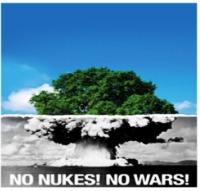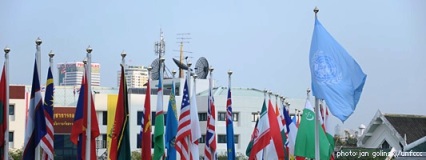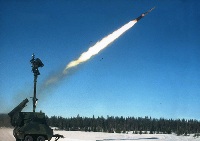By Eric Walberg*
IDN-InDepth NewsAnalysis
TORNTO (IDN) – After 10 years in Guantanamo, former child soldier Omar Khadr, the last Western national being held there, was finally repatriated September 29, 2012 after years of mistreatment. The illegality of the procedures used against Khadr from day one mean that the Canadian government faces a multi-million dollar law suit for damages.
Various court cases against the government failed to convince it to expedite his return, until the U.S. government finally pulled the plug, forcing the Canadian government to take him after his plea of guilty to various charges, clearly made as the only way to end his ordeal and give him hope of eventual release.










